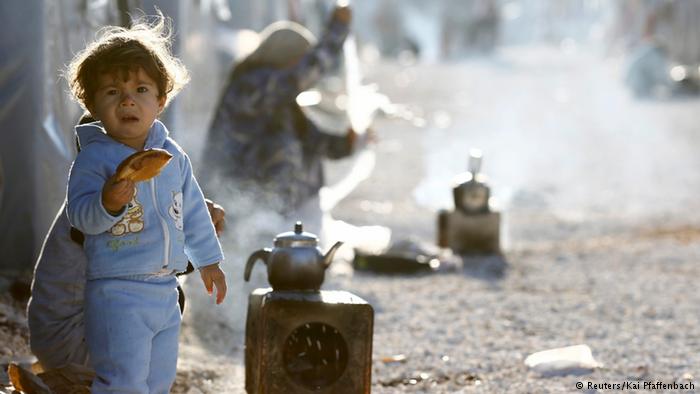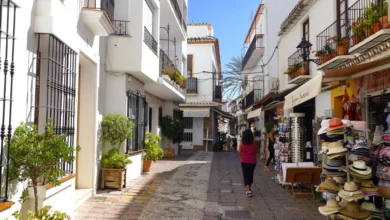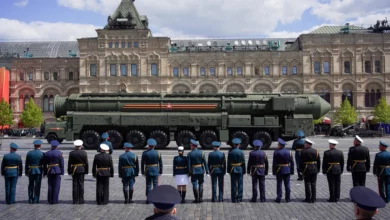
The EU has unlocked €3 billion ($3.7 billion) for projects to help Syrian refugees in Turkey in a second payment from the 2016 migration deal. More than a million refugees have already benefited from the funds.
The European Commission (EC) said Wednesday an additional €3 billion euros would be raised for Syrian refugees in Turkey.
“Our cooperation with Turkey is key to address common challenges,” the EU’s top migration official Dimitris Avramopoulos told a news conference, referring to the various difficulties facing the EU in its dealings with Ankara.
“Unnecessary escalations can and should be avoided,” Avramopoulos said.
The money is to be used to help some 3.5 million Syrian refugees in Turkey as part of the controversial 2016 EU-Turkey migration deal. The EU and member states provided €3 billion in the first tranche covering 2016 and 2017.
In approving the second tranche, the EC was acting on a move that was endorsed several weeks ago. Avramopoulos said it was up to EU member states to fund the second tranche.
“It makes sense we follow the same division as before, with the EU budget mobilizing one billion euros and the member states delivering the other two billion euros,” he said.
EU funding has so far provided 500,000 children with education and provided cash transfers to 1.2 million refugees.
EU money can’t push Syrian schoolkids over Turkey’s language barrier
The European policy has helped “the most vulnerable refugees and their host communities in Turkey, thus reducing migratory pressures,” said Johannes Hahn, EU Commissioner for European Neighborhood Policy and Enlargement Negotiations.
The EU signed a migration deal with Turkey in 2016 to reduce the flow of irregular migration as Europe experienced an influx of more than 1 million refugees.
In exchange for aid, Turkey agreed to clamp down on boat crossings to EU member Greece and take back migrants, including refugees.




